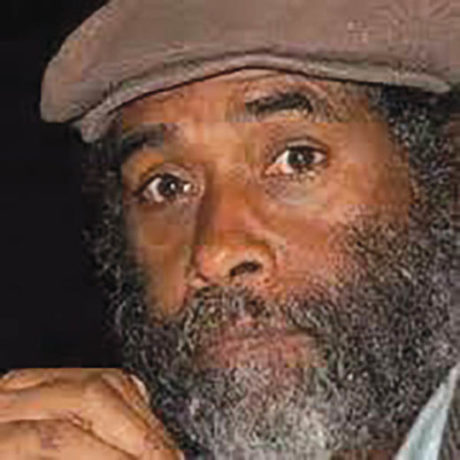By DWIGHT HOBBES

This month, across America and a few other places around the world, black folk plan to jump for joy at Juneteenth celebrations of freedom from slavery. There’s a bittersweet aspect to that.
The sweet, of course, is liberation. Early revelry presented opportunities for political rallies to give voting instructions to newly freed African Americans. Also, baseball games, fishing, rodeos, street fairs and, of course, cookouts. Much later, black people tied the holiday to fighting for civil rights. In 1968, called by Dr. Martin Luther King and, after his assassination, led by Rev. Ralph Abernathy and Coretta Scott King, the Southern Christian Leadership Conference made June 19 the Solidarity Day of the Poor People’s Campaign. Nowadays, in addition to a good time outdoors, there’s teaching African-American heritage, arts and literature showcases, and more. As Karen M. Thomas intoned in Emerge, “Community leaders have latched on to [Juneteenth] to help instill a sense of…pride in black youth”.
The bitter is how it came to be named. Abe Lincoln’s Emancipation Proclamation was issued January 1, 1863 (in Delaware and Kentucky slavery remained legal for another six months). There was no mass media except newspapers, which slaves had been forbidden to read. Consequently, most, still illiterate, had to get the news by word of mouth. Texas owners, slick as sin, pulled a fast one and simply didn’t let their slaves know. They went right on conducting business as usual, brutally abusing them. Typical conditions in which slaves subsisted, like the other chattel, were unsanitary. Nutrition was poor, the labor ceaseless. This environment rendered them susceptible to human disease which went inadequately treated. Texas had an estimated 250,000 slaves in 1865 when, on June 19th, Union Army Major General Gordon Granger marched his troops into Galveston, Texas and ruined the scam, liberating the last of the enslaved men, women and children. It bears noting that while historic propaganda claims legendary defenders at the Alamo were valiant freedom fighters, one of the principles they were standing for against Mexico was the right to own slaves.
So, Texas was dragged into civilized society. Well, you take the good any way you can get it, even if it was two and a half years after the fact. Accordingly, why not see if you can make time to join in on one of the many Juneteenth jubilees. There’s bound to be one near you. This is an opportunity to echo the joy of those who, way back then, finally saw the freedom no black person should have ever been denied in the first place.
Dwight Hobbes is a long-time Twin Cities journalist and essayist.









